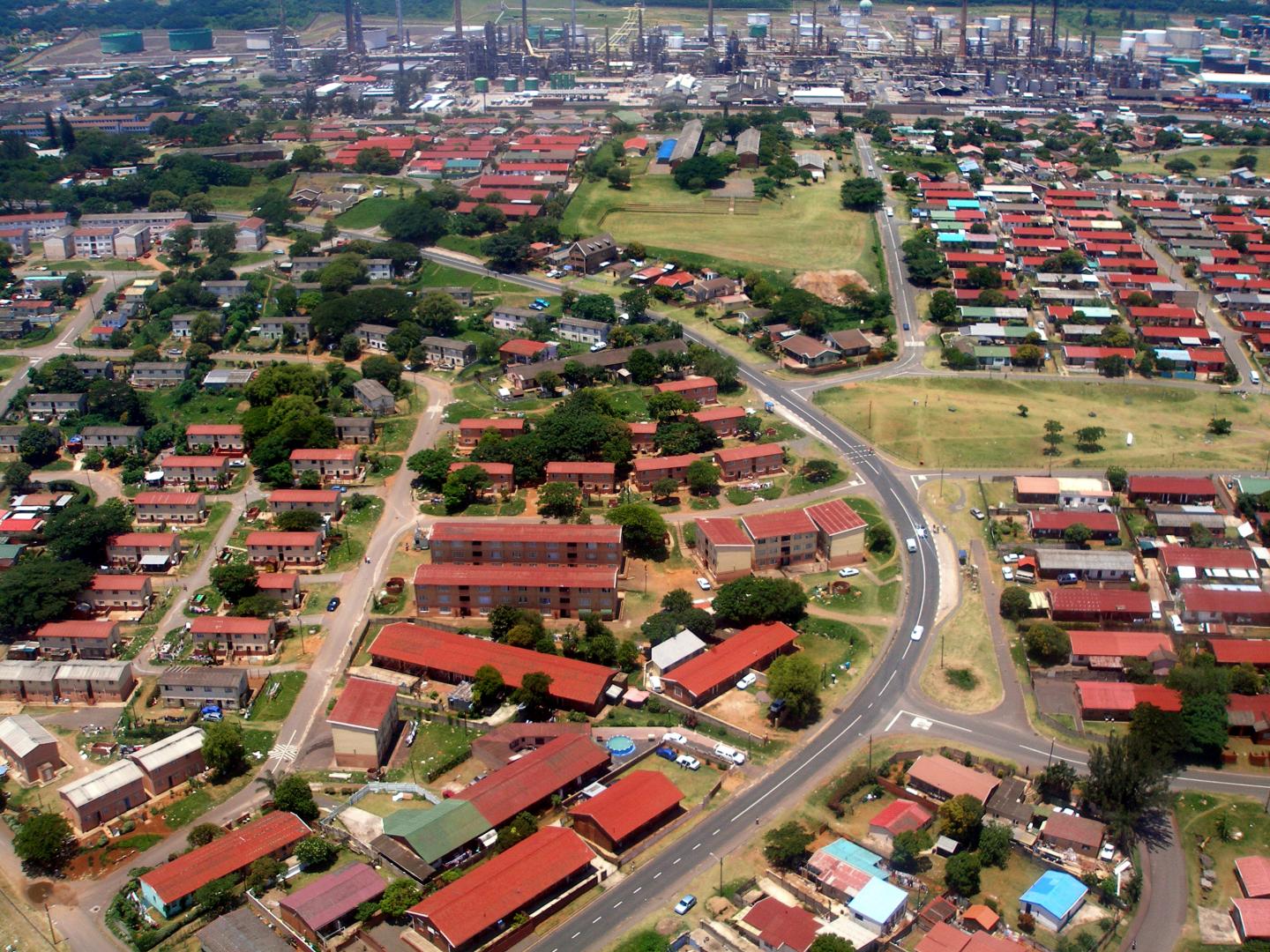
Credit: Şerban Procheş
While exploring the way alien species invade cities around the world, South African PhD student Ashlyn L. Padayachee (University of KwaZulu-Natal, UKZN) and her supervisors, Serban Proches (UKZN) and John Wilson (SANBI and Stellenbosch University) remember suddenly being stricken.
What they realised was that while cities were gradually starting to prepare for climate change, their responses to invasions were rather reactive. Even though management focused on widespread invasive species, which were currently having the most negative impacts on native biodiversity, the researchers noted that if those decision makers had only targeted the next highly damaging invaders ahead of their arrival, the associated costs would have greatly decreased.
Consequently, the team developed a methodology, based on three key aspects: priority species, points of first introduction and sites of naturalisation, in order to identify the most probable and concerning invasive species for Durban (eThekwini in KwaZulu Natal), a coastal city in South Africa. Furthermore, their work, published in the open-access journal Neobiota provides decision makers from around the world with a new tool, that is easy to use and adjustable to the specificity of different cities.
Firstly, the researchers identified cities with a similar climate to Durban and used existing alien species watch lists, environmental criteria and introduction pathways to identify species, which are not present in South Africa, but are considered of unacceptable risk of invasion. The team continued by figuring out which of those selected species are likely to have pathways facilitating their introduction to the city and developed a climatic suitability model for each. Finally, the scientists linked the climate and pathway information, so that they could identify sites within Durban to be considered as a focus for the contingency planning for particular species.
As a result, the authors identified three alien species as priorities for Durban: Alligator weed (Alternanthera philoxeroides), American bullfrog (Lithobates catesbeianus) and the red imported fire ant (Solenopsis invicta).
In terms of points of introductions, the data highlighted the Durban Harbour, especially for the red imported fire ant. Plant nurseries and garden centres, as well as pet and aquarium shops were also identified as important sites for the three studied species. Additionally, suitable habitats located near the points of introduction, such as river systems and built infrastructure, were found in need of monitoring.
In conclusion, the implementation of prioritisation schemes to consider the three aspects (species, pathways, and sites) allows managers to focus resources on those species which pose a greater risk of invasion and impact.
“This will only ever be one part of a broad range of biosecurity efforts, but it is one where, we believe, we can be prepared,” comment the authors.
###
Original source:
Padayachee AL, Proches S, Wilson JRU (2019) Prioritising potential incursions for contingency planning: pathways, species, and sites in Durban (eThekwini), South Africa as an example. NeoBiota 47: 1-21. https:/
Media Contact
Ashlyn L. Padayachee
[email protected]
Related Journal Article
http://dx.




